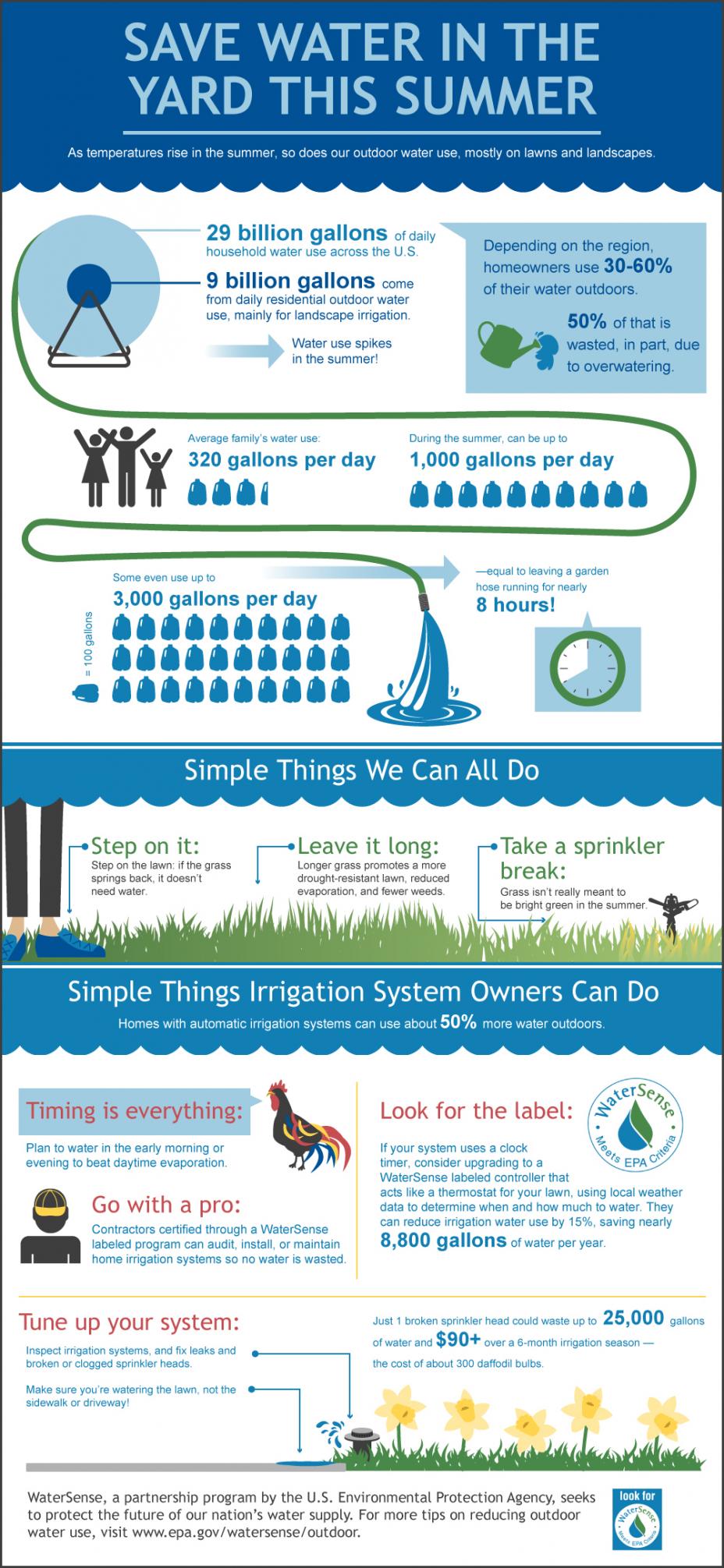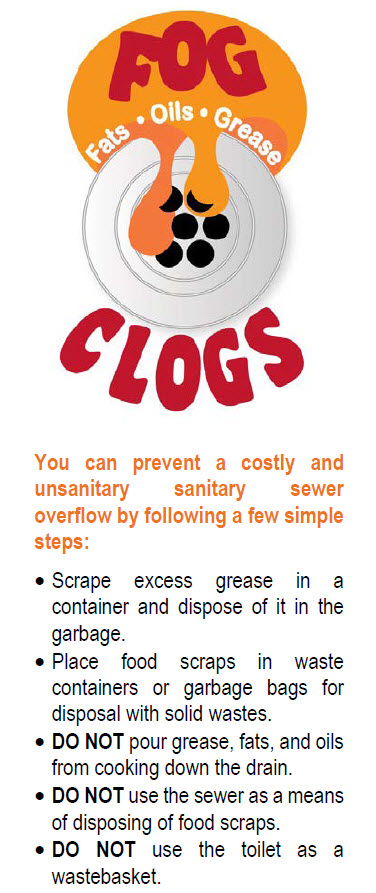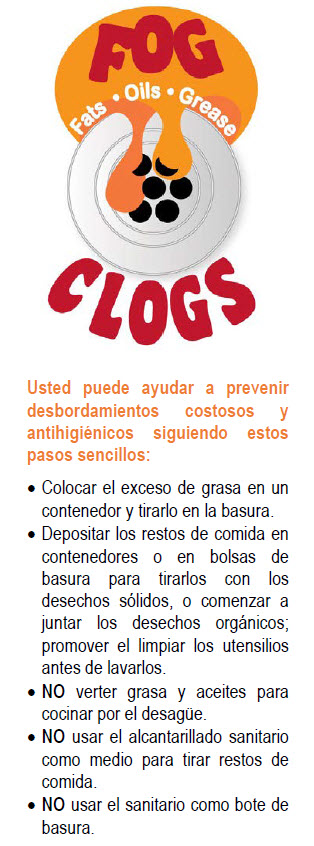Voluntary Water Conservation
Dear Customer:
Due to water conservation initiatives, the Board of Directors of Harris County Municipal Utility District No. 102 hereby requests that you adhere at all times to the voluntary water conservation measures described below. In accordance with the District’s Water Conservation, Drought, and Emergency Contingency Plan, you are asked to reduce indoor and outdoor water use.
Please observe the following guidelines for restricting outdoor water use, including, but not limited to, lawn and garden watering, car washing, and window washing:
- Only Customers with even-numbered addresses should use water outdoors on Wednesdays and Sundays, and only Customers with odd-numbered addresses should use water outdoors on Tuesdays and Saturdays. In the event no street address exists, only users living on the north and west side of a street should use water outdoors on Wednesdays and Sundays and only Customers on the south and east side of a street should use water outdoors on Tuesdays and Saturdays. No water should be used outdoors by any District customer on Mondays.
- Water should not be used outdoors between the hours of 6:00 a.m. and 10:00 a.m. and between the hours of 6:00 p.m. and 10:00 p.m.
- Those responsible for watering common areas such as green belts, esplanades and sports fields should limit irrigation of these areas to Mondays and Fridays.
The Board of Directors appreciates your cooperation and perseverance in helping us to conserve this most valuable resource.
Very truly yours,
Board of Directors



